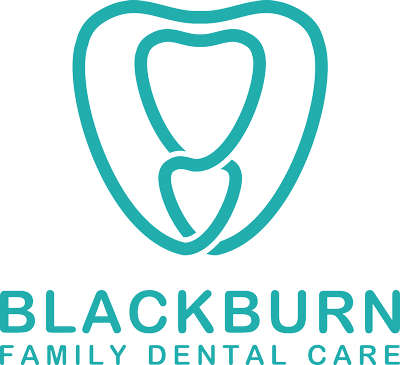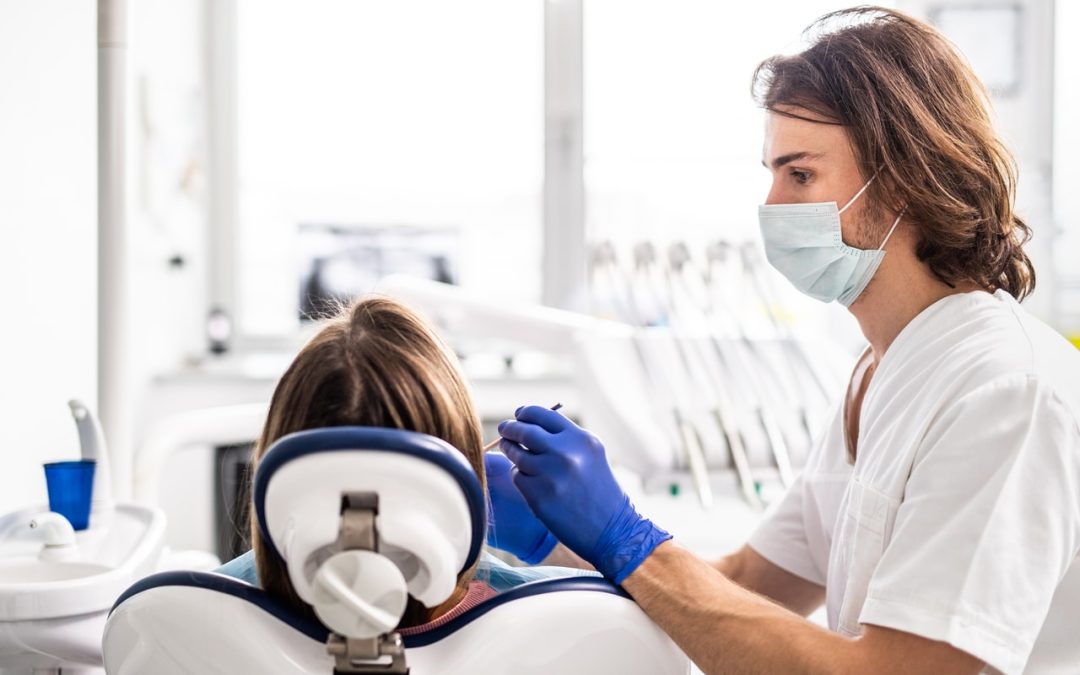Do you have discoloured, chipped, or misshapen teeth? Cosmetic dental bonding may be what you’re looking for to improve your smile and boost your confidence.
Dental bonding is a cosmetic procedure in which your dentist repairs damage to one or more of your teeth with a tooth-coloured composite resin. In this article, we’ll go over everything you need to know about cosmetic bonding so you can make an informed decision about the procedure that can help your smile.
What Is Cosmetic Dental Bonding?
Cosmetic dental bonding is a cosmetic dentistry treatment used to improve the appearance and functionality of your teeth. It can treat a wide range of dental flaws, including chipped or cracked teeth, shortened teeth, gaps between teeth, and stains or discolouration.
During the procedure, your dentist will apply a tooth-coloured resin material to the affected teeth (similar in colour and texture to natural teeth). Your dentist will then shape and polish the teeth to match the surrounding teeth, resulting in a natural-looking and aesthetically pleasing result. In some cases where multiple teeth need to be bonded, additional procedures are required, such as an aesthetic mock-up based on photos.
The Benefits Of Cosmetic Dental Bonding
Cosmetic dental bonding offers several benefits, including:
- Improving your smile: Bonding can help to improve the appearance of teeth that are chipped, cracked, shortened, discoloured, or misshapen.
- Fast and speedy: The bonding process is relatively quick and straightforward compared to other cosmetic dental procedures, such as veneers or crowns, and can be done in a short 30 to 60-minute session with your dentist.
- Cost-effective: Fees for cosmetic dental bonding are often lower than other cosmetic dental treatments.
- Minimally invasive: Compared to other dental procedures such as crowns or veneers, bonding typically requires minimal removal of natural tooth structure.
- Durable: with current technology, resin composite materials are now solid and longer-lasting.
Who Should Get Cosmetic Dental Bonding?
Cosmetic dental bonding is often used to improve the appearance of a smile. As such, it can be an excellent choice for correcting cosmetic issues like chips, cracks, discolouration, or gaps for single teeth or a few single teeth. It’s also a good option for people with minor tooth decay or wear.
In some cases, cosmetic bonding can be a bridge towards more comprehensive work. Due to financial constraints, bonding teeth can be a more affordable option to preview the aesthetics with the intent of upgrading them to stronger and aesthetically-definitive restorations later (such as veneers and crowns).
However, dental bonding may not be appropriate for those with more extensive dental problems, such as severe tooth decay, wear or misaligned teeth, which may require more extensive restoration treatments. Although much stronger and more durable than ever before, modern resin composites still cannot compete with the strengths of newer all-ceramic restorations (such as ceramic veneers and crowns).
As a result, it is best to consult with a qualified dentist about your specific dental needs and whether cosmetic dental bonding is the best treatment for you.
What Is The Procedure For Cosmetic Dental Bonding?
Before The Dental Bonding Procedure
Before the procedure, your dentist will discuss your cosmetic dental goals with you and perform a quick evaluation to ensure you are a good candidate for the procedure. This evaluation may include a brief examination of your teeth and gums and dental X-rays to give your dentist a more comprehensive picture of your overall dental health.
During The Dental Bonding Procedure
The process of dental bonding may or may not require anaesthetic. Dental bonding for aesthetics on an otherwise healthy tooth requires minimal preparation. In other cases, bonding is done on a chipped, cracked or decayed tooth, whereby the amount of tooth loss would influence how much drilling needs to be done. Generally speaking, anaesthetic is required if more teeth are removed during the procedure.
Your dentist will use a tooth colour/shade guide to select a composite resin colour that best suits your teeth. They will then roughen the surface of the tooth and apply a conditioning liquid to prepare the tooth and ensure that it is adequately roughened for the bond. A bonding liquid is then applied, acting like “glue” for the tooth to adhere to the composite materials.
Your dentist will then apply the resin to your tooth, shaping and smoothing it to the desired shape. Following that, the composite resin is hardened with a curing (ultraviolet) light, which bonds the material to the surface of your tooth. Finally, your dentist may further shape the resin and polish the surface to match the rest of your teeth more closely.
Taking Care Of Your Bonded Teeth
Because the composite resin material in your bonded tooth can chip, avoiding habits that can damage the bonding material, such as biting your nails or chewing on hard food objects (ice, bones, shellfish or sweets), is essential. Common food stains such as coffee, tea, red wine, and spices can sometimes affect the lustre of the resin-bonded tooth. These stains typically build up on worn-down bonded restorations that have roughened over time, and can damage the junction between the bonding and the tooth.
As such, having a good oral hygiene regimen is important in order to maintain the health of your bonded tooth. The best way to take care of your bonded teeth is by following a standard oral hygiene routine, such as:
- Brushing your teeth twice a day and flossing daily
- Avoiding sugary and acidic foods
- Scheduling regular dental cleaning and check-ups every six months
If you find that you’ve stained or chipped your bonded tooth or that it feels strange when you bite down on it, get in touch with your dentist immediately.
Get Expert Cosmetic Dental Bonding At Blackburn Family Dental
At Blackburn Family Dental, our team of experienced dental healthcare professionals are here to provide you with a comfortable and high-quality dental bonding experience while keeping you informed every step of the way. Contact us today to learn more about our cosmetic dental bonding and other cosmetic dentistry services.

